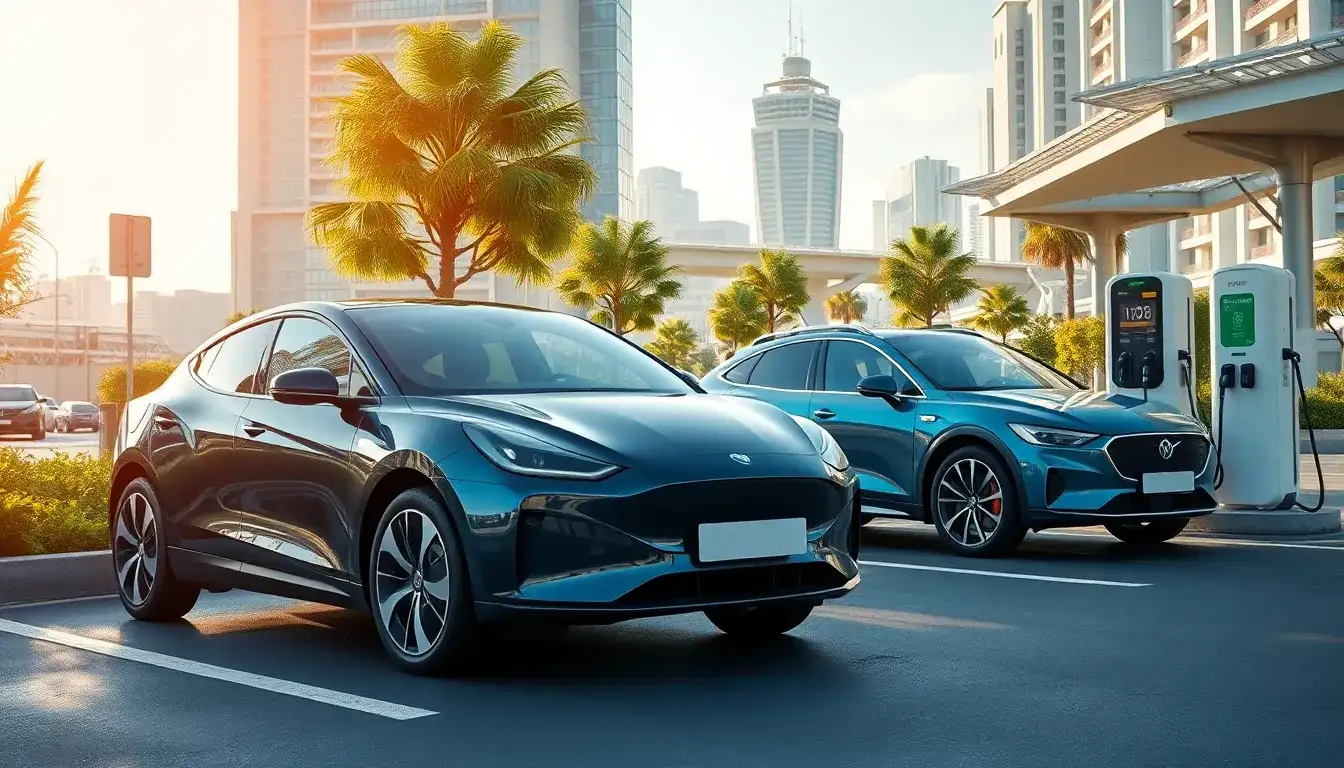
Electric vehicles (EVs) have been gaining significant traction in recent years, with many advancements in technology and increased consumer interest. However, the question remains: will traditional gasoline-powered vehicles remain relevant alongside these new energy vehicles?
As of March 19, 2025, the automotive landscape is undergoing a profound transformation. The latest reports indicate that the market for electric vehicles is expanding rapidly, with manufacturers pushing for faster production and more widespread adoption.
In a recent event, comparisons were made between electric vehicles and gasoline-powered cars. It was noted that, while electric vehicles are becoming increasingly popular, gasoline vehicles are not yet obsolete. Analysts project that by 2024, electric vehicles could capture 48% of the market share, leading to a potential decline in gasoline vehicle production.
The shift towards electric vehicles is not just about technology; it’s also about regulatory pressures and environmental concerns. With stricter emissions regulations being implemented worldwide, traditional gasoline vehicles are facing a growing challenge. A report highlighted that the carbon emissions from electric vehicles are significantly lower—about 40% less compared to their gasoline counterparts.
Moreover, electric vehicles are expected to be the dominant choice for consumers within the next few years. By 2025, the sales of electric vehicles are projected to surpass those of gasoline-powered cars. This trend is attributed to advancements in battery technology, which are enhancing the performance and range of electric vehicles.
The transition to electric vehicles also brings forward economic considerations. The cost of ownership for electric vehicles has been decreasing, making them more appealing to consumers. In contrast, the cost of gasoline is on the rise due to various market factors.
However, it is essential to consider the infrastructure needed to support a growing number of electric vehicles. The availability of charging stations remains a significant concern, especially in rural areas. Currently, there are approximately 400,000 charging stations in the U.S., which is still insufficient to meet the projected demand.
Despite these challenges, the future looks promising for electric vehicles. Major manufacturers are investing heavily in electric vehicle technology and infrastructure, which will likely lead to more innovations and greater accessibility for consumers.
In conclusion, while gasoline-powered vehicles still hold a substantial market share, the momentum is shifting towards electric vehicles. This shift is driven by technological advancements, consumer preferences, and regulatory changes aimed at reducing emissions and promoting sustainable transportation solutions.







